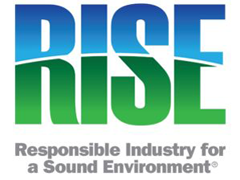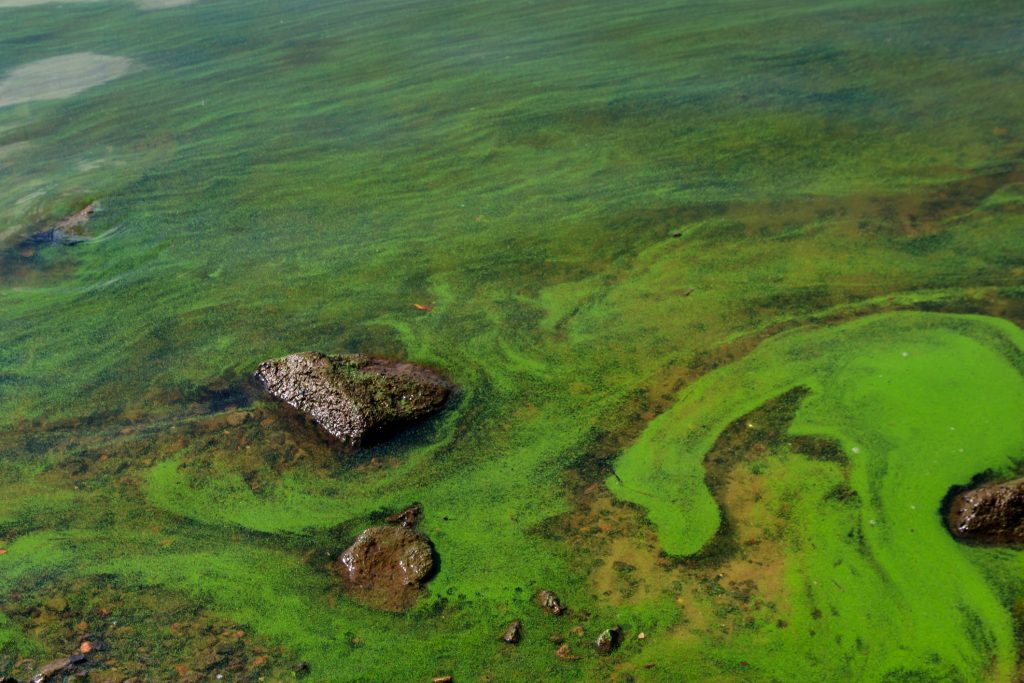(Washington, D.C., March 17, 2020) – In recognition of World Water Day on March 22, RISE (Responsible Industry for a Sound Environment) is emphasizing the importance of protecting Earth’s most precious natural resource from toxic threats, including harmful algal blooms. Though algae are part of all food chains, some algal blooms produce toxins that can harm humans, wildlife or other aquatic organisms. Through proactive management, consumers and professionals can help prevent toxic algae from infesting local bodies of water and keep lakes, ponds, and reservoirs safe for fishing, water sports, and irrigation.
“Water is a critical resource for all living things, making it essential that we build coordinated, forward-thinking management plans for our ecosystems,” shares Megan Provost, President of RISE. “In order to prevent and respond to threats in a targeted way, water managers must have access to a variety of technologies, including algaecides. We urge localities that are enhancing their water management systems to include professional pesticide applicators in conversations. Whether a water body is publicly or privately owned, a certified professional can provide insight on how to properly prevent and treat harmful algal blooms.”
Algae can be transported: by people, when moving boats or other equipment from one body of water to another; by animals, such as turtles who can transport algae on their shell; by waterfowl, like geese and ducks via their feet, fur and droppings; and even through the air. Ways for consumers to combat harmful algal blooms include:
- Avoid dumping bait buckets in bodies of water.
- Wash boats and other fishing equipment before transporting them from one water body to another.
- Take steps to prevent geese, ducks and other waterfowl from entering bodies of water.
- Decrease the amount of foreign nutrients introduced to waterways, such as leaf and grass clippings as well as excess fertilizer and animal wastes.
- Call the local wildlife commission or a certified professional if a local lake, river or beach side exhibits signs of a harmful algal bloom invasion, such as a weird smell, discoloration or dead fish.
The United Nations (UN) recognizes World Water Day annually and is focusing this year on how climate change affects global water management systems. The UN is calling for increased collaboration across sectors and governments and asserts, “Integrated water resources management must be coordinated across traditional sectoral, political and spatial boundaries.”[1]
RISE is the national association leading the way in meaningful conversations about specialty pesticides and fertilizers. More information about harmful algal blooms is available on the websites for the U.S. Environmental Protection Agency and the National Oceanic and Atmospheric Administration.
[1] UN-Water Policy Brief on Climate Change and Water. Page 19. September 2019.
xxx
About RISE
RISE (Responsible Industry for a Sound Environment)® is the national trade association representing manufacturers, formulators, distributors and other industry leaders in the specialty pesticide and fertilizer industry. Visit the RISE website at www.pestfacts.org for more information. Follow RISE on LinkedIn at www.linkedin.com/RISEPestFacts or on Twitter at @PestFacts.
For media inquiries, please contact:
Whitney Gray, Communications Manager
Phone: (202) 872-3845; Email: wgray@pestfacts.org

